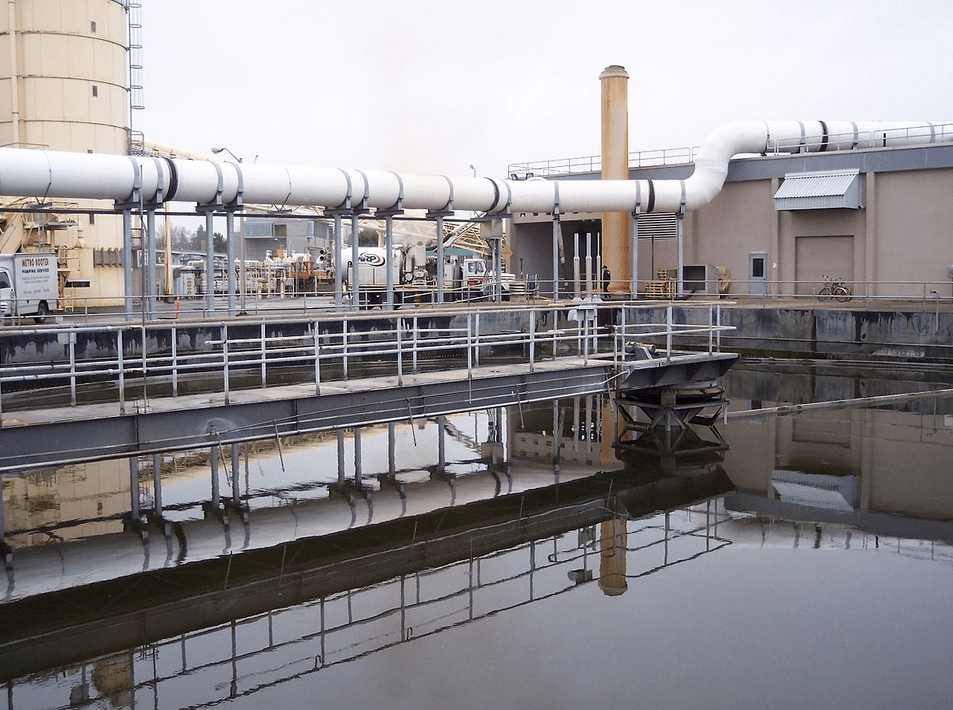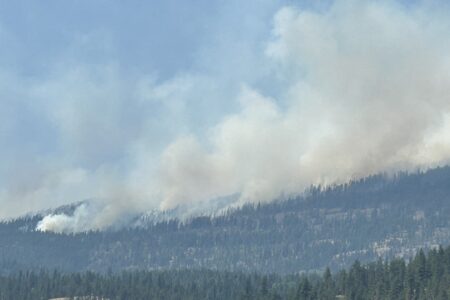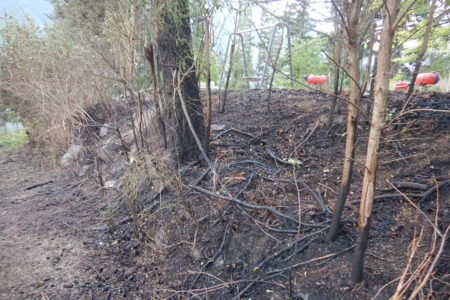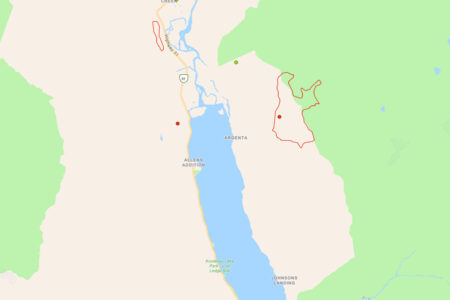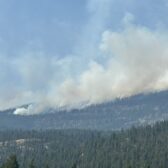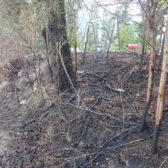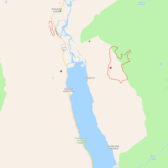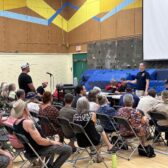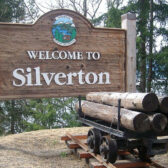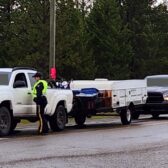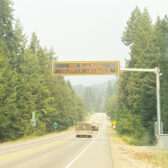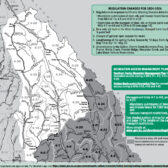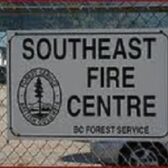Evolving rules mean city’s sewage treatment plant can’t continuously meet regulations: report
Nelson’s sewage treatment plant is not able to continuously meet all current regulatory requirements and it could trigger a B.C. environmental assessment, says the city’s director of Public Works and Utilities.
Colin Innes iterated recently that the city’s existing sewage treatment plant (STP) has not kept up to evolving regulations and now finds itself operating at, or beyond, its capacity.
The City of Nelson’s sewage treatment plant discharges treated effluent into the Kootenay River near Grohman Narrows.
“It has been identified that major upgrades to the facility will be required for both continued operation and to accommodate growth in the community,” he said in his report during the June 28 city council meeting.
The major upgrade or new treatment facility is needed so the city could meet its treatment requirements, Innes explained.
“However, due to the current operating permit status and scope of required upgrades, the B.C. Environmental Assessment (EA) process will be triggered in this process,” he said.
Innes stated that the EA process is conducted by the Environmental Assessment Office (EAO) and is used to obtain environmental approvals for projects — such as mining and energy projects — but also applies to sewage treatment.
Although an update to the city’s Sanitary Sewer Masterplan is already underway — which will provide direction and costing for upgrades which are needed at the STP — the EA process is run by the EAO, “thereby limiting the city’s control in the process.”
“As an alternative approach, the liquid waste management plan process allows the city greater control of the process and provides the greatest potential for regulatory flexibility,” Innes noted in his report.
Council passed a resolution supporting a grant application to the Canada Community-Building Fund — Strategic Priorities Fund for the production of a Liquid Waste Management Plan (LWMP).
If successful, Innes said the plan would enable the city to realize upgrading the existing sewage treatment plant and to obtain an updated operating permit.
STP regulation
The city’s sewage treatment plant operates under a B.C. Ministry of Environment and Climate Change Strategy (ENV) permit.
However, updates over the years at the city’s sewage treatment plant have flown under the radar and have never brought the sewage treatment plant up to regulations.
Innes said when previous upgrades occurred to the STP in the early 2000’s, the city tried to register the upgraded facility under the new regulations.
“Instead, ENV decided to update the existing permit and did not register the city under the updated regulations,” he said.
In 2012, more regulatory updates occurred and the city again attempted to obtain a new operating permit, Innes said.
“However, direction was received from ENV to not apply as it was anticipated that federal and provincial wastewater regulations would be harmonized and that Nelson would then automatically be registered under the new regulations,” he said. “However, this harmonization of regulation did not occur and the City continued to operate on the existing permit.”
Three stages in the LWMP process
Stage 1
Define the problems and identify options related to liquid waste in a community, including collection, treatment, discharge, and reuse.
In this stage the objective is to identify all the issues and possible alternatives, so all interest groups are able to present their preferred alternatives.
Stage 2
Develop and evaluate the preferred options. The evaluation is able to consider multiple objectives such as technical complexity, capital costs, the ability to be phased, and operating issues/costs.
Stage 3
Formalize the documentation and adopt the plan. In working through the stages of the plan, the input from First Nations, public and stakeholders, regulators and other technical experts is sought and utilized to inform the next stage of decision making.
An approved LWMP authorizes a local government to proceed with measures in the plan to ensure that the management, resource recovery and disposal of treated waste is sufficiently protective of public health and the environment.
Source: Colin Innes, Public Works and Utilities director
A plan with a cost
The production of a LWMP is estimated at $395,000 but it is eligible for funding.
The fees represent the fees of technical consultants and a public engagement and communications consultant, Innes said.
In addition to the fees paid to the EAO, the city would need to retain the services of technical consultants, which would be in addition to the EA fees, with other costs that could be passed onto the city.
“For example, if a stakeholder group or a First Nation requires additional information in order to provide an informed response, these costs can be passed onto the project proponent,” said Innes.



